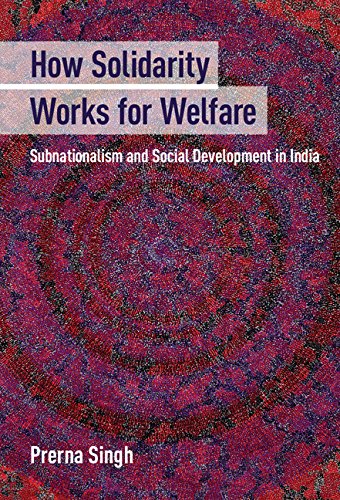Development is a founding belief of modernity and a bedrock concept of political economy and social policy. Though understood and conceptualized variously to give rise to many versions of it, the idea of development, in the most basic sense, means making ‘a better life for everyone’. In spite of being subjected to severe criticism and disagreement over methods of achieving, the idea of development is a powerful emotive sociopolitical ideal to mobilize people and reflective of the best of human aspirations. Yet, the ideal of development, understood as ‘better life for everyone’, does not seem to be universally realizable. Despite well meaning efforts and repeated resolves over decades, most nations especially in the Third World continue to grapple with improving the lives of the majority of people. Most people in this part of the world live in subhuman conditions; are unable to meet essential needs: a better house and sufficient food to maintain good health; affordable services available to everyone; and being treated with dignity and respect. Development, in spite of being the largest humanitarian project for several decades, has occurred remarkably differentially both across and within nations. Within the national boundaries, some parts/regions have performed better than others in meeting the basic needs of the people; some social/ethnic groups have been far more able to appropriate benefits of developmental process than others. In brief, persistent socio-spatial inequalities in accessing public goods and services belie democracy’s promise of dismantling socially entrenched and spatially embedded inequalities to ensure a better life for all.

United For Welfare
Mohd. Sanjeer Alam
How Solidarity Works For Welfare: Subnationalism And Social Development In India by Prerna Singh Cambridge University Press, New Delhi, 2018, 297 pp., $31.99
October 2018, volume 42, No 10
